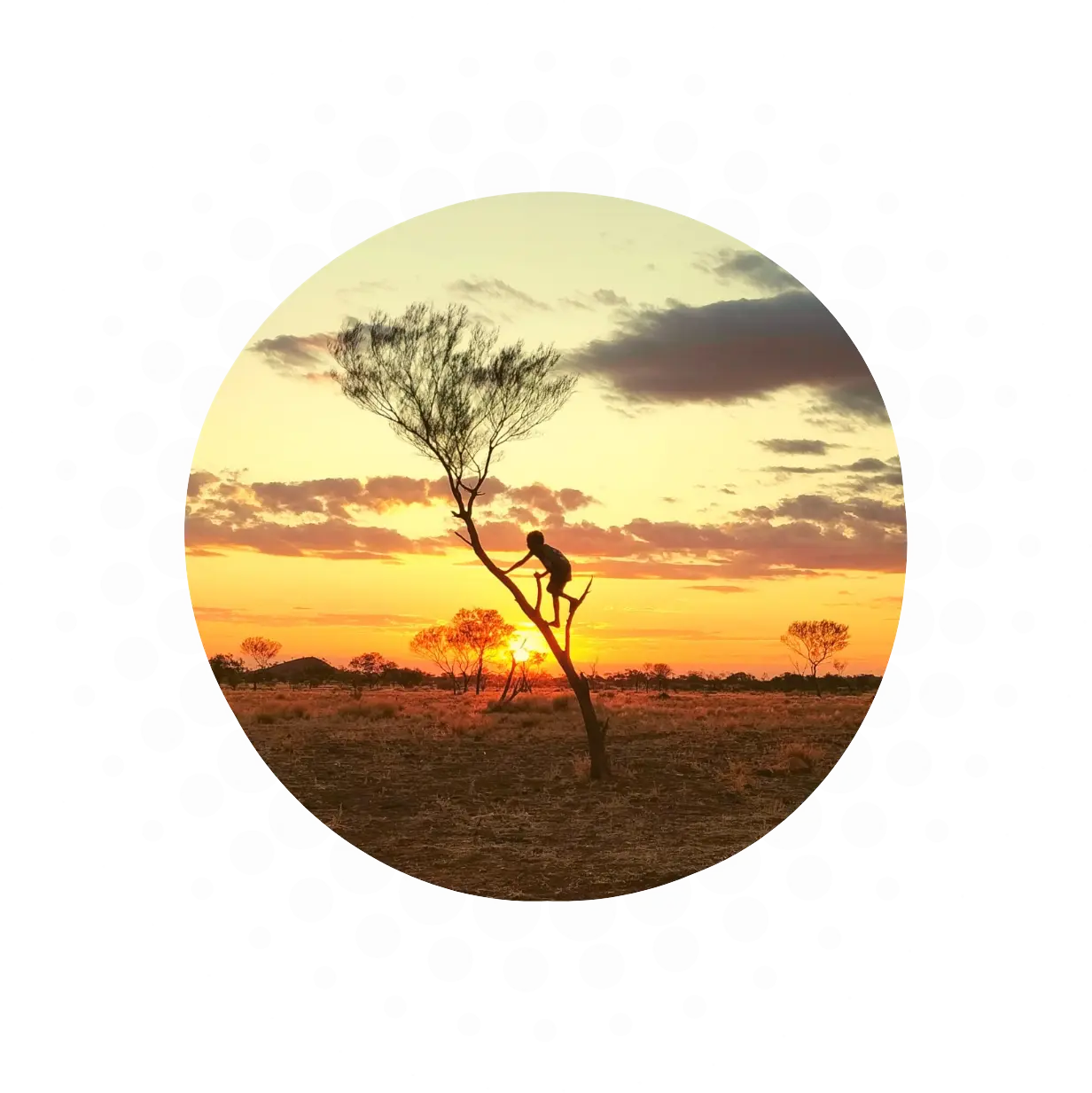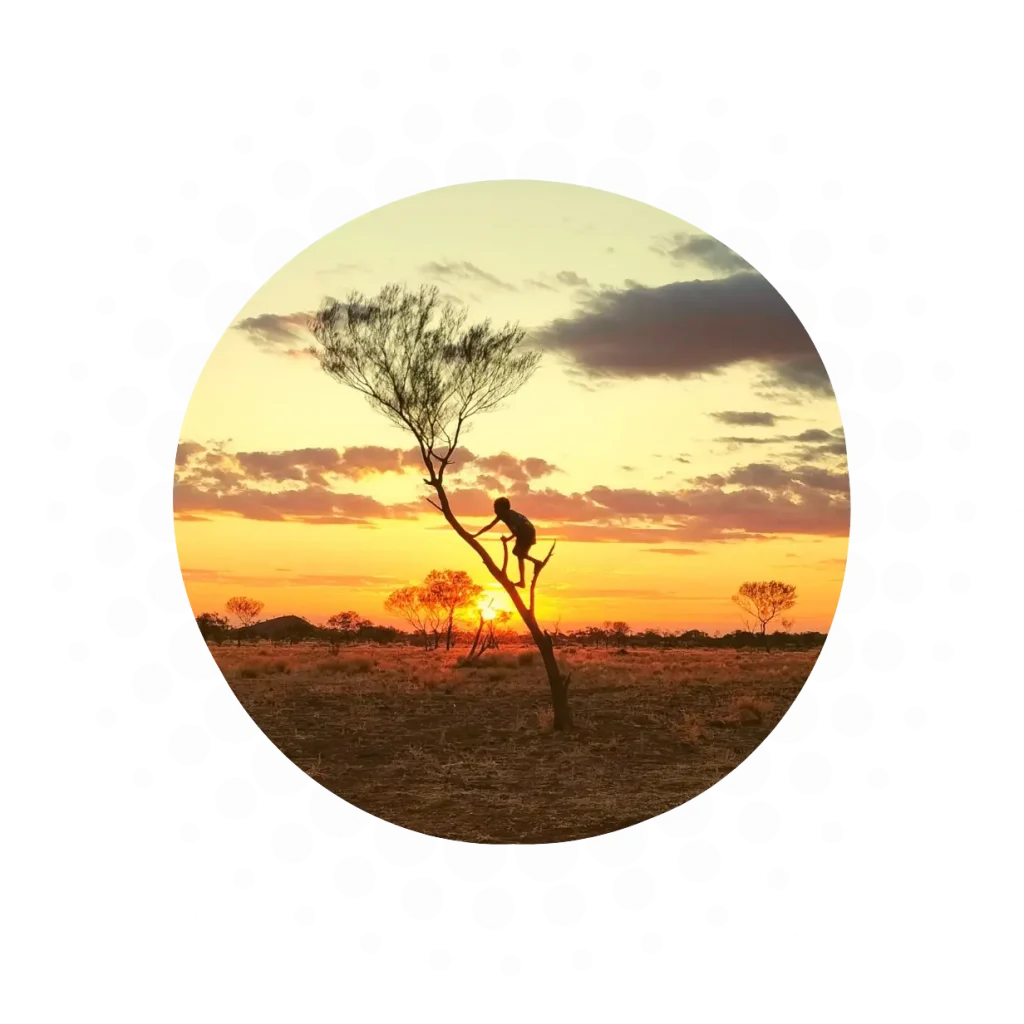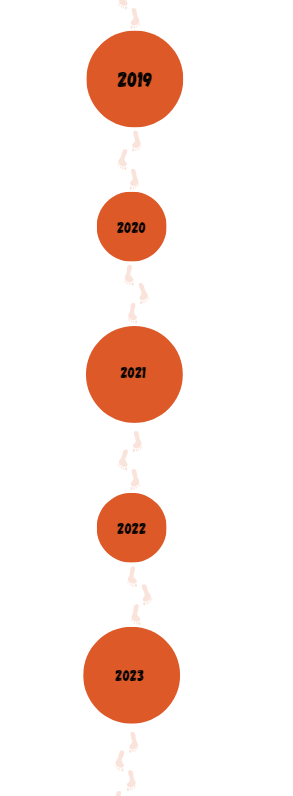Governance
SAACCON is a network of Aboriginal Community Controlled Organisations (ACCOs) in South Australia and has been established to work in partnership with the South Australian and local governments to inform policies regarding the National Agreement on Closing the Gap.
SAACCON is led by the nominated Lead and Co-Convenors and supported by the Secretariat.
SAACCON is, and will remain, an Aboriginal Community Controlled Organisation (ACCO). We maintain and promote Aboriginal and Torres Strait Islander independence and autonomy in decision-making, supporting South Australian ACCOs in their service delivery. We must work with other ACCOs to share information, promote fair and equitable representation of our communities and ensure that our Aboriginal and Torres Strait Islander communities receive the highest standard of services and support from service providers.
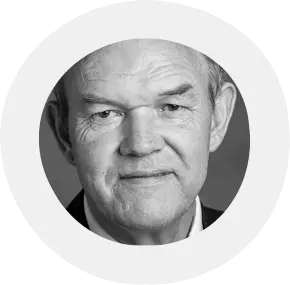
Scott Wilson is CEO of ADAC, the Aboriginal Drug and Alcohol Council (South Australia). He is also an Associate Professor & Co-Director at NHMRC Centre of Research Excellence: Indigenous Health & Alcohol at The University of Sydney, board member of the Penington Institute in Melbourne & committee member of Justice Reinvestment SA. Scott’s personal & professional experience in substance misuse has made him a valued member of nearly every major governmental & non-governmental committee in Australia for over 20 years.
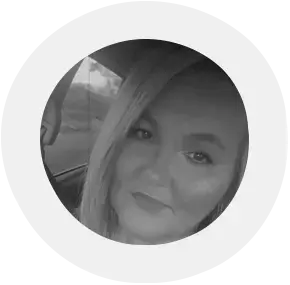
Deb is a Kaurna/Narungga/Wirangu women and was raised in Erawirung Country on the river in Berri and Waikerie.
In her current role Deb is the Senior Advisor of Aboriginal Services at Baptist Care SA and works in strategic and operational governance of Culturally responsive service delivery of 1200 staff and around 400 Aboriginal People and Communities. Deb works across five service pathways, Disability, Care Pathways supporting young people in residential care, Wardli-ana and the Towards Home Alliance on Aboriginal People experiencing homelessness, young people living with AOD through the Adventure pathways program and supporting young people who are to re-engage and participate in education to help prepare for employment opportunities.

